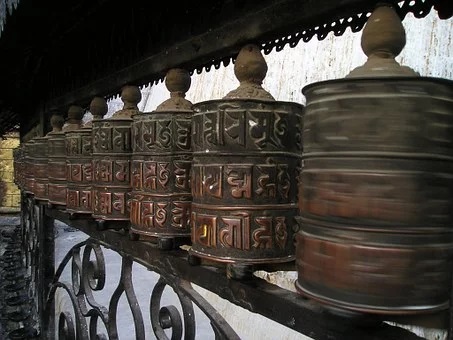Due to the great importance of practice, we must be diligent. In this lifetime, we must at least develop genuine renunciation and bodhicitta. With renunciation and bodhicitta as a basis, we can quickly realize emptiness; even without realization, genuine bodhicitta will lead to a better future life, give us greater certainty in the practice, and bring us closer to liberation. Although we are now blessed as human beings, how much time do we have left in this life? No one knows, perhaps a few years, ten-plus years, or several decades; when our blessings accumulated from past years are exhausted, our situation will change for the worse. This is not the Creator’s doing, nor does it happen without reason, it is the natural law of cause and effect. In the face of this natural law, there is little one can do; however, with effort, one can alter the direction it takes.
~Depicted from THE FOUR SEALS OF DHARMA - The Importance of Practice











